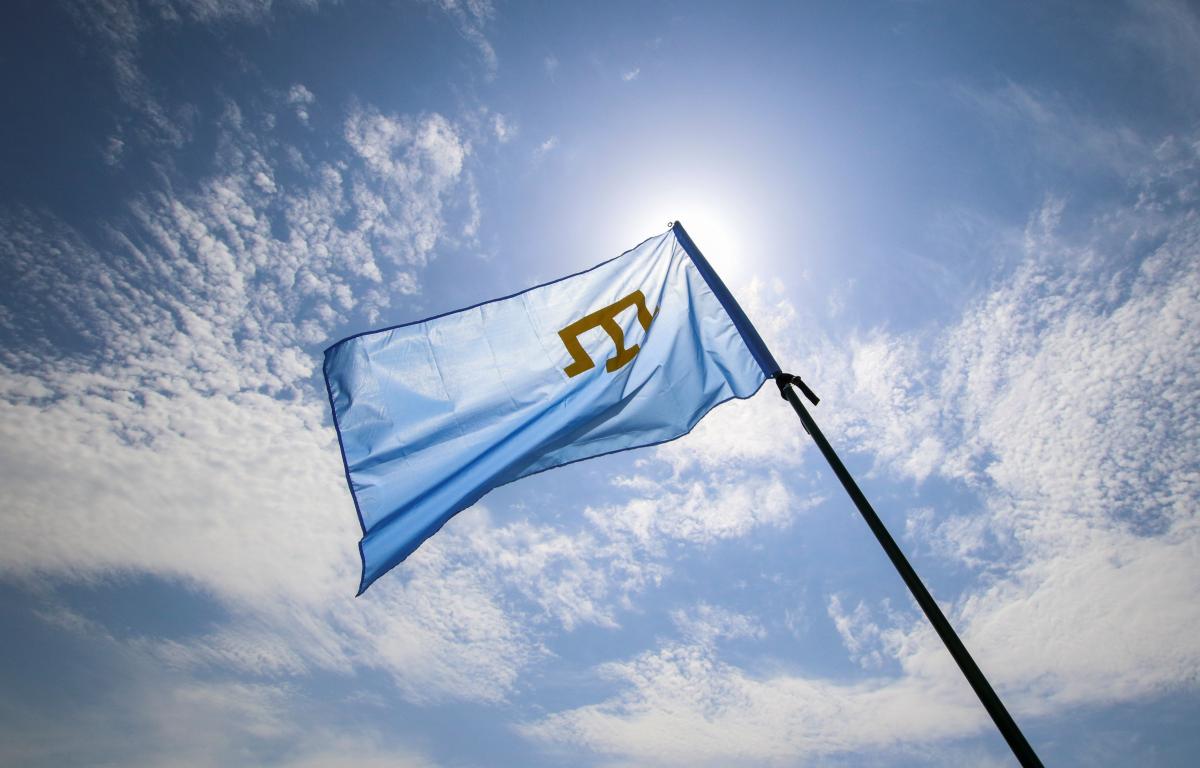
Russian occupation authorities systematically relocate Russians from mainland to the occupied Crimea with the specific intention of altering the demographic map of the peninsula, says the President's Permanent Representative for the Autonomous Republic of Crimea, Anton Korinevych.
"Such behavior is a war crime under international law," Korinevych said during a discussion on the situation of human rights in the temporarily occupied Crimea and Sevastopol, according to his Facebook page.
In Crimean schools, they are "erasing" Ukrainian and Crimean Tatar national identities, including by limiting the use of Crimean Tatar as language of instruction and shutting down schools with the Ukrainian language of instruction. By doing so, the occupation power seeks to destroy the Ukrainian and Crimean Tatar national-cultural identities and that of children and youths who see themselves as citizens of Ukraine," Korinevych said.
He also noted that the Orthodox Church of Ukraine has become outlawed in the occupied Crimea.
"Before the occupation, there were 49 parishes of the Crimean Diocese […] including 25 churches and 20 clergymen throughout the peninsula, but now only a few parishes and a few clergymen remain there," he said.
"Parishioners and clergy of the Crimean Diocese (headed by Metropolitan Klyment) were persecuted, many premises were seized, and Sunday schools established by the Ukrainian-language Crimean Diocese were shut down by the occupation authorities. The Diocese's ability to use its main cathedral has been limited. In particular, a few days ago, representatives of the so-called "self-defense forces" were accommodated in the cathedral to guard the HQ of an occupying authority, which has been located in the cathedral along with the Ukrainian church," he added.
Other religious groups also face persecution, in particular the Jehovah's Witnesses and some Muslim organizations, Korinevych added.
Lawyers also face challenges in Crimea, in particular those defending political prisoners in Russian-controlled courts. In many cases, lawyers are the only source of information on the latest developments in Crimea, and the Russian occupation authorities seek to restrict them in their capacity to act as defense lawyers in "political cases."
Russian occupation of Crimea: Background
- Russia occupied Ukraine's Crimea in March 2014 after its troops had occupied the peninsula. An illegal referendum was held for Crimeans to decide on accession to Russia. De-facto Crimean authorities reported that allegedly 96.77% of the Crimean population had voted for acceding to Russia.
- On March 18, 2014, the so-called "agreement on the accession" of Crimea and the city of Sevastopol to Russia was signed in the Kremlin.
- The West did not recognize the annexation in response to which sanctions against Russia were introduced.
- Ukraine's parliament voted to designate February 20, 2014, as the official date when the temporary occupation of Crimea began.

